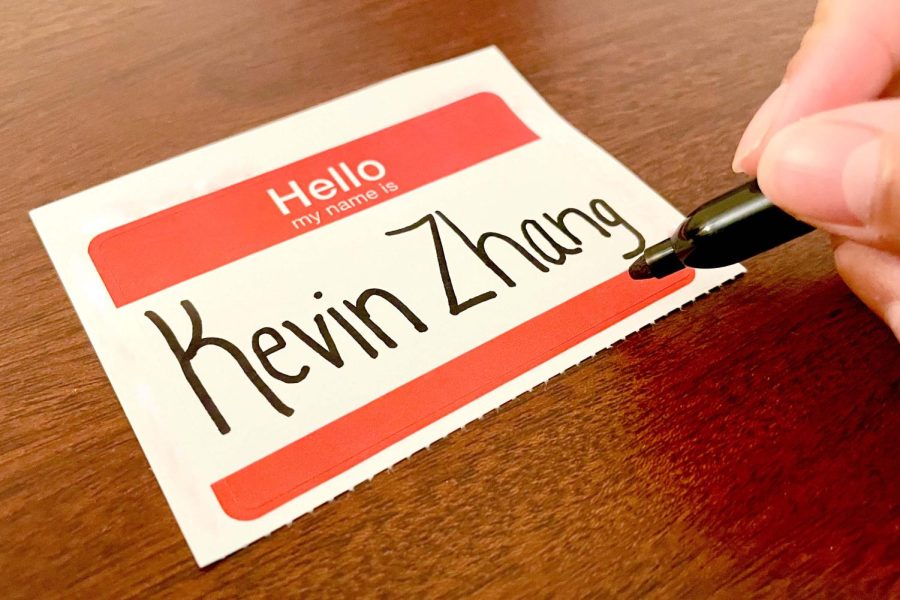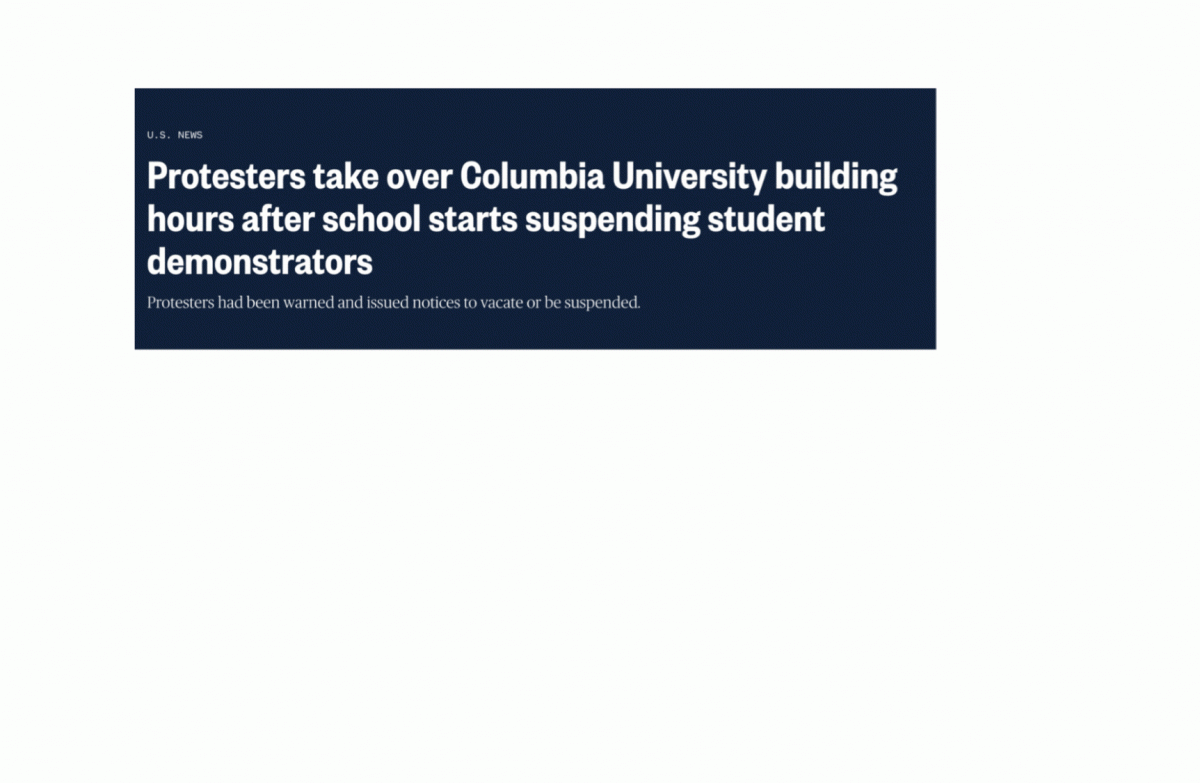Names are one of the first things you learn about a new person and often shape first impressions.
What exactly is in a name depends on who you ask. Many people place a lot of emphasis on the importance of one’s name, believing that it carries deep cultural and personal meanings.
“First names are clearly a marker for race and ethnicity in the United States. It’s not a perfect match, but first names indicate to people the possible race or ethnicity of a person. Having a name that is connected to a more socially advantaged race will probably give you an advantage,” said John Evans, a sociologist at University of California, San Diego (UCSD).
This advantage is especially evident when looking at studies concerning job applications. Evans noted that biases tended to present themselves when the name was the only variable being changed.
“Sociological studies have shown that if you do an experiment where you send the same resume to an employer, but in one, you give someone a typically African American first name and in the other, a typically Caucasian name, the one with a Caucasian name is more likely to get a call for an interview,” Evans said.
Angie Shen, a sophomore at Carlmont, agreed that names give people social advantages.
“I think people can get treated differently based on how people might assume qualities about you from your name,” Shen said.
Shen explained how having a more Western name might impact how you or other people feel about your nationality.
According to Shen, her parents also changed their names to a more commonly white name to fit in and seem less like an immigrant, similar to many immigrants that came to the U.S.
They felt that avoiding the perception of being an immigrant would help them socially by allowing them to have more opportunities in job hunting and making connections.
Evans stated that names cause people to assume a lot of information about a person subconsciously.
“If I saw a person’s name was Elmer, I would assume that person would be 70 years old, even if I haven’t met that person yet,” Evans said.
Rui Geng, a sophomore at Carlmont, shares how having a more traditional name in America could be worse. This is because people will be more likely to pronounce it wrong frequently.
Eric Perkins, an Ethnic Studies teacher, elaborated more and discussed the disadvantages.
“The first disadvantage that comes to mind is if it’s something that has not been heard by other students before, is name calling or making up pet names,” Perkins said.
Geng also had a different opinion on the issue of whether having a name that is more traditional to one’s culture puts someone at a disadvantage.
“Most people don’t really care what your name is, especially in California where we have people from all cultures and ethnicities; people are used to names from different cultures, and that’s one of the good things about America,” Geng said.
However, while a name may give a person a social advantage, Shen believed it does not have the same cultural significance.
“Even though I have an American name, I don’t feel like it affects my cultural identity. I’m still Chinese, regardless of my name,” Shen said.
Geng agreed with this notion, elaborating by noting that it is still possible to remain connected to o.
“My name doesn’t matter much to my cultural identity; I still eat Chinese food and celebrate Chinese holidays, so I still feel connected to my culture. Your name is just what people call you,” Geng said.
In Geng’s experience, immigrants change their names when coming to America for convenience rather than to change their cultural identity.
“You’ll see many first-generation people still have native Chinese names, but second-generation Chinese kids often have English names. It’s just more convenient for you to have an English first name because that way, other people can pronounce it,” Geng said.
Geng said he changed it to make it easier to pronounce and that people’s actions matter more than what others call them when it comes to cultural identification.
“I’m Chinese, and I still hold some Chinese cultural values. However, there are also times when I feel separate from my culture, especially when I don’t understand the point of some of the traditions,” Geng said.
Both Geng and Shen brought up how, in China, the meaning and sound of your name are very important.
“People will judge you based on your name a lot in China, especially based on the meaning your name is associated with,” Geng said.
According to Shen, in Chinese culture, a child’s name often reflects their parents’ hopes for that child. As such, names would frequently mean safe, smart, or rich.
Geng pointed out that in America, names typically do not have such meanings behind them.
“In America, literally any name would work, like Amy or Emily,” Geng said.
Shen also brought up how not having a Chinese name would affect how someone is perceived in China.
“It’s like you’re Chinese, yet you don’t have a Chinese name. And I’m sure if you went to China and they asked you ‘Oh, what is your Chinese name?,’ and you say you didn’t have one, then they would feel like you’re not Chinese,” Shen said.
Overall, many different factors play into the importance of names, and it also depends on the person. In general, names have social implications for people, but they don’t affect one’s cultural identity much.
“I don’t feel less connected to my culture because of my American name. I still have a Chinese name, but I just use my American name since it’s more convenient,” Shen said.














